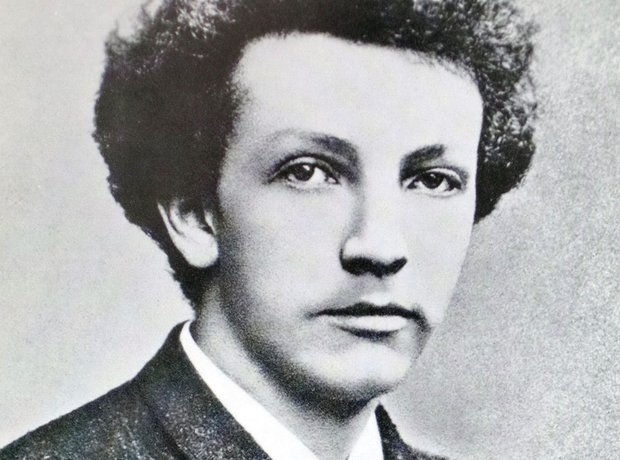Elvis, Buzz Lightyear, College Football, and Strauss
In 1968, Stanley Kubrick released 2001: A Space Odyssey. It’s a weird movie, really. But there was this music. Epic. Thunderous. Music that makes you want to stand up and conquer! You know the music. But do you know where it came from and just how wildly popular it is? Have a listen.
“Sunrise” is the first minute and a half in a 30-minute tone poem called Also Sprach Zarathustra (Thus Spake Zarathustra) by Richard Struass. What’s a tone poem? A piece of music that describes something. Who is Richard Strauss? A German composer born in 1864 with a unique story. He started composing when he was six. Six! His work bridged two classical music eras; the Romantic and the Modern. He was definitely the rock star of his time, but a controversial one. He died in 1949.
Richard Strauss wrote Also Sprach Zarathustra in the late 1890s, relatively early in his career. It was based on the book of the same name by Frederich Nietzsche. (I have no idea how to say that without sounding 100% ‘Murican.) His work was lush and complicated*. He really was a bit of a drama king in his compositions, from large, full-orchestra, grandiose moments to just three or four instruments playing softly.
Strauss lived in Germany through both world wars. Hitler admired the work of Strauss and pressed Strauss into working for him (as in, he nominated him for a position without Strauss even knowing). Strauss accepted the appointment to save his Jewish daughter-in-law and grandchildren, but it was a tenuous relationship at best.
Joseph Goebbels, second only to Hitler in nastiness, said of Strauss, “Unfortunately we still need him, but one day we shall have our own music and then we shall have no further need of this decadent neurotic.” The feeling was mutual. After the war was over Strauss said, “The most terrible period of human history is at an end, the twelve-year reign of bestiality, ignorance, and anti-culture under the greatest criminals, during which Germany's 2000 years of cultural evolution met its doom.”
These two men have attained immortality (or infamy). I like Strauss’s version of immortality better.
“Sunrise” is used three times in Kubrick's movie. You can find the opening scene here. This is the scene from the middle of the movie. Strauss gets going at about 6:15.
Like I said, weird movie. But because of it, Strauss’s song went from relative obscurity to instant fame. It’s probably more well-known than the movie is. (Also, did you listen through the whole thing? That really strange-sounding music when the monolith appears? Don’t forget that.*)
“But,” I can hear you saying, “That was 1968? It’s 2019. There’s no way that song has lasted this long?”
Rock n' Roll ü Elvis, in the late 1970s, used it to open his shows.
TV ü Many of the uses of Also Sprach Zarathustra are parodying 2001: A Space Odyssey. This clip is from 1991 from the beginning of a Simpsons episode titled “2001: The Homer Odyssey”.
Disney ü Pixar joined the party in Toy Story 2 (1999). Strauss shows up within the first four minutes of the movie. Pixar must have loved the song. They used it again in Wall-E with a computer that looks suspiciously like HAL.
Live Action Movies ü Charlie and the Chocolate Factory (2005) If you watch closely, you can see the movie playing on the TV in the background. If Charlie and the Chocolate Factory isn't your thing, you can try Zoolander instead.
Commercials ü
Video Games ü
College Football ü
Today ü Phish used their version of Also Sprach Zarathustra to open their concert on September 1, 2019. The song was released in the mid 90's, but the concertgoers still love it!
*Remember the weird monolith music? Kubrick also used songs by a composer by the name of Gyorgy Ligeti. Ligeti wrote crazy atonal stuff. That strange, otherworldly-sounding music when the monolith appears is from Ligeti’s Requiem. He also wrote a piece called “Atmospheres” that Kubrick liked so much he used the whole thing in the film. Ligeti didn’t like that at all, because Kubrick didn’t get permission from him to use it. He actually sued Kubrick for using it. They settled out of court, but Kubrick happily paid the settlement. They ended up working together on two other films.

Comments
Post a Comment